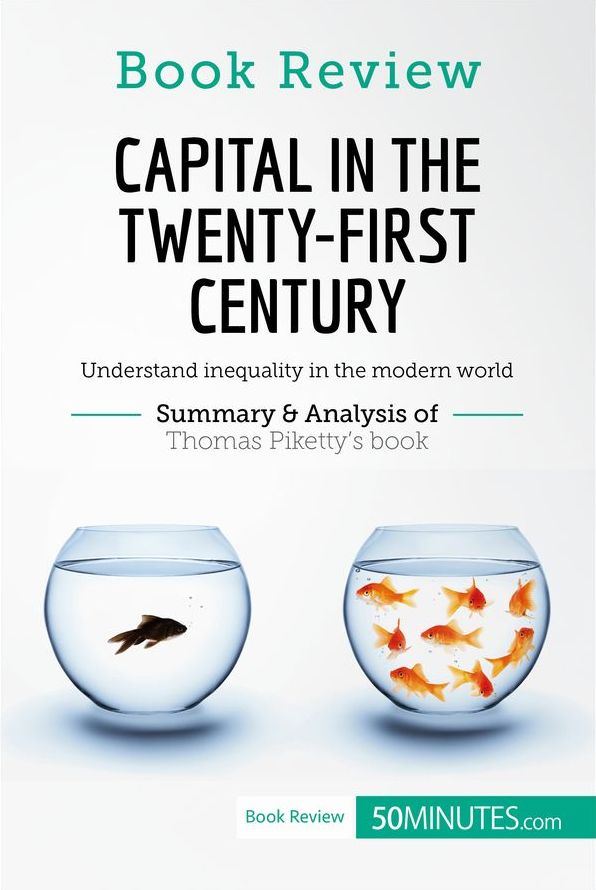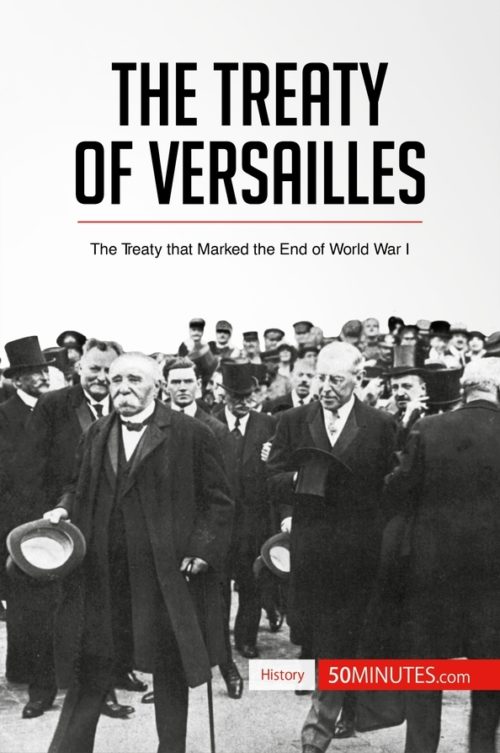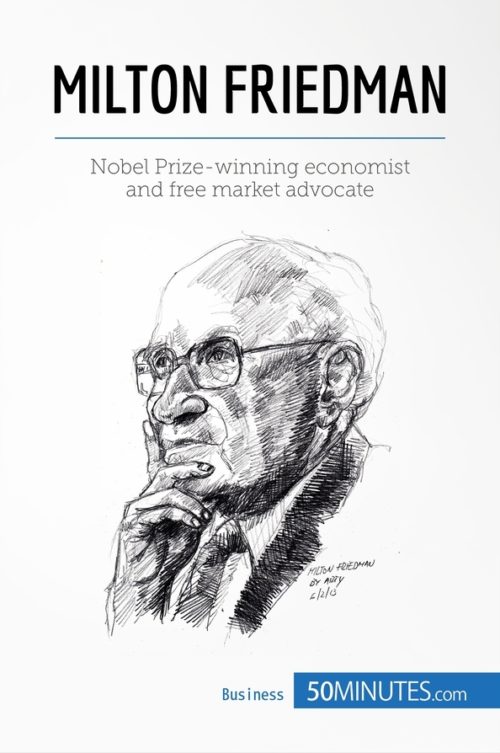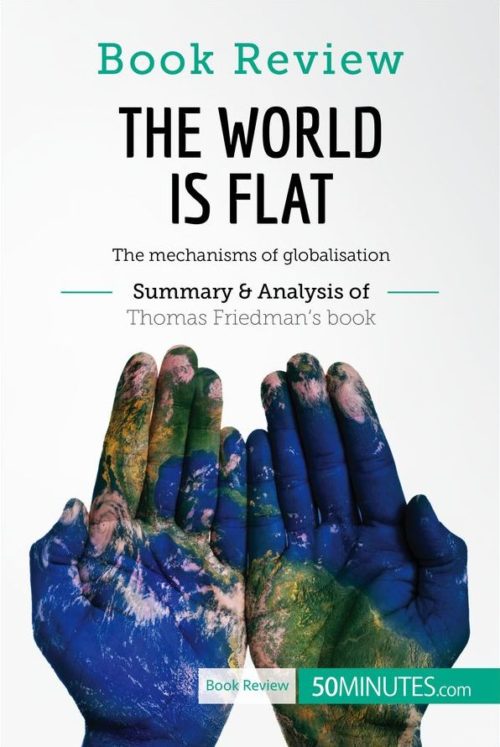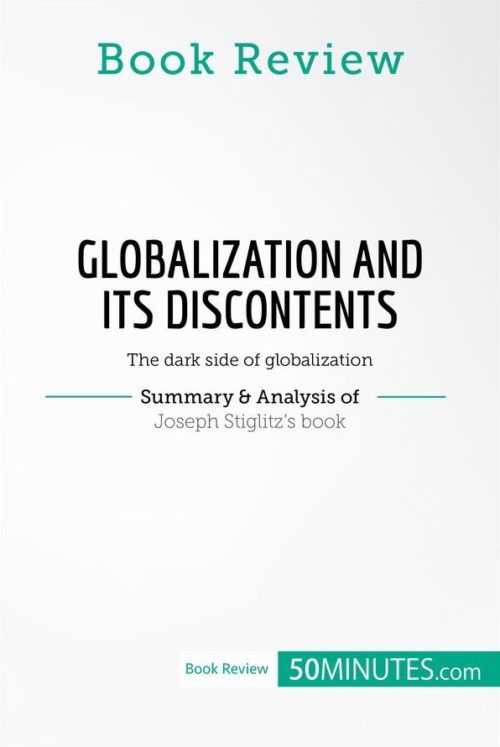Book Review: Capital in the Twenty-First Century by Thomas Piketty
Book Review: Capital in the Twenty-First Century by Thomas Piketty
Read more
Capital in the Twenty-First Century is a powerful critique of the modern capitalist system
In Capital in the Twenty-First Century, the French economist Thomas Piketty argues that that capitalism constantly increases inequality by concentrating capital in the hands of a very affluent minority, and calls for a paradigm shift in the way we approach production and wealth. This clear and detailed summary and analysis is a valuable resource for anyone who wants to understand Piketty’s groundbreaking book: it features a thorough explanation of the author’s methodology, the main concepts underpinning his work, such as national income and return on capital, and the contextual background to his work, including the 2008 financial crisis. It also provides an introduction to the solutions he proposes to solve the problem of wealth distribution, the main criticisms of his work and potential extensions of his approach, giving you everything you need to understand this influential book in just 50 minutes.
This accessible and insightful 43-page summary and analysis is structured as follows:
- A better understanding of modern inequality
- About the author and background to the book
- The author: Thomas Piketty
- Context and background
- Summary of Capital in the Twenty-First Century
- We are all influenced by cognitive bias
- First studies on capital
- Economic concepts
- Piketty’s analysis following these observations
- What are Piketty’s solutions?
- Impact of Capital in the Twenty-First Century
- Criticisms of Piketty’s approach
- Extensions and similar approaches
- Recap of Piketty’s main ideas
About Capital in the Twenty-First Century
Capital in the Twenty-First Century is the result of 15 years’ work compiling statistical data on over 20 countries in order to track the changes in capital, labor and the global economy over the past 300 years and analyze the economic situation at the start of the 21st century. It was an immediate bestseller in both the UK and the US, and has been widely praised by economists and the general public alike. It was first published in 2013, and has sold over 1.5 million copies to date.
About Thomas Piketty
Thomas Piketty has been a professor of economics and director of studies at the EHESS (School for Advanced Studies in the Social Sciences) in Paris since 2000, and founded and served as the first director of the Paris School of Economics. He has written many academic articles and numerous books dedicated to economic development and wealth distribution, and achieved international recognition on a huge scale with the publication of Capital in the Twenty-First Century.
Product details
| ISBN | 9782806281227 |
|---|---|
| Publisher | Plurilingua Publishing |
| Series | 50MINUTES.COM – Book Review |
| Format | |
| Pages | 43 |
| File size | 4.4 MB |
